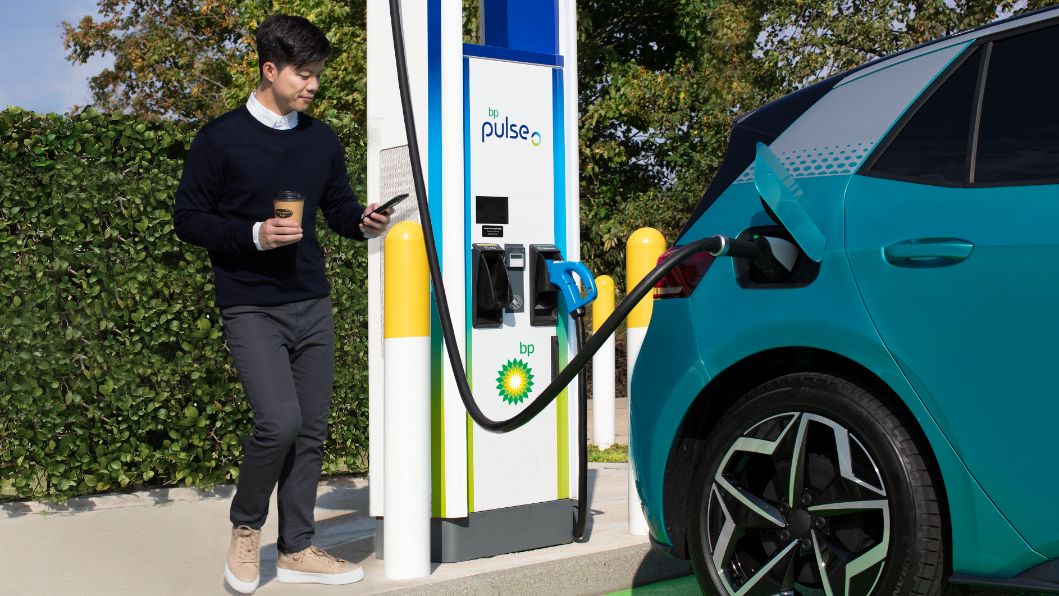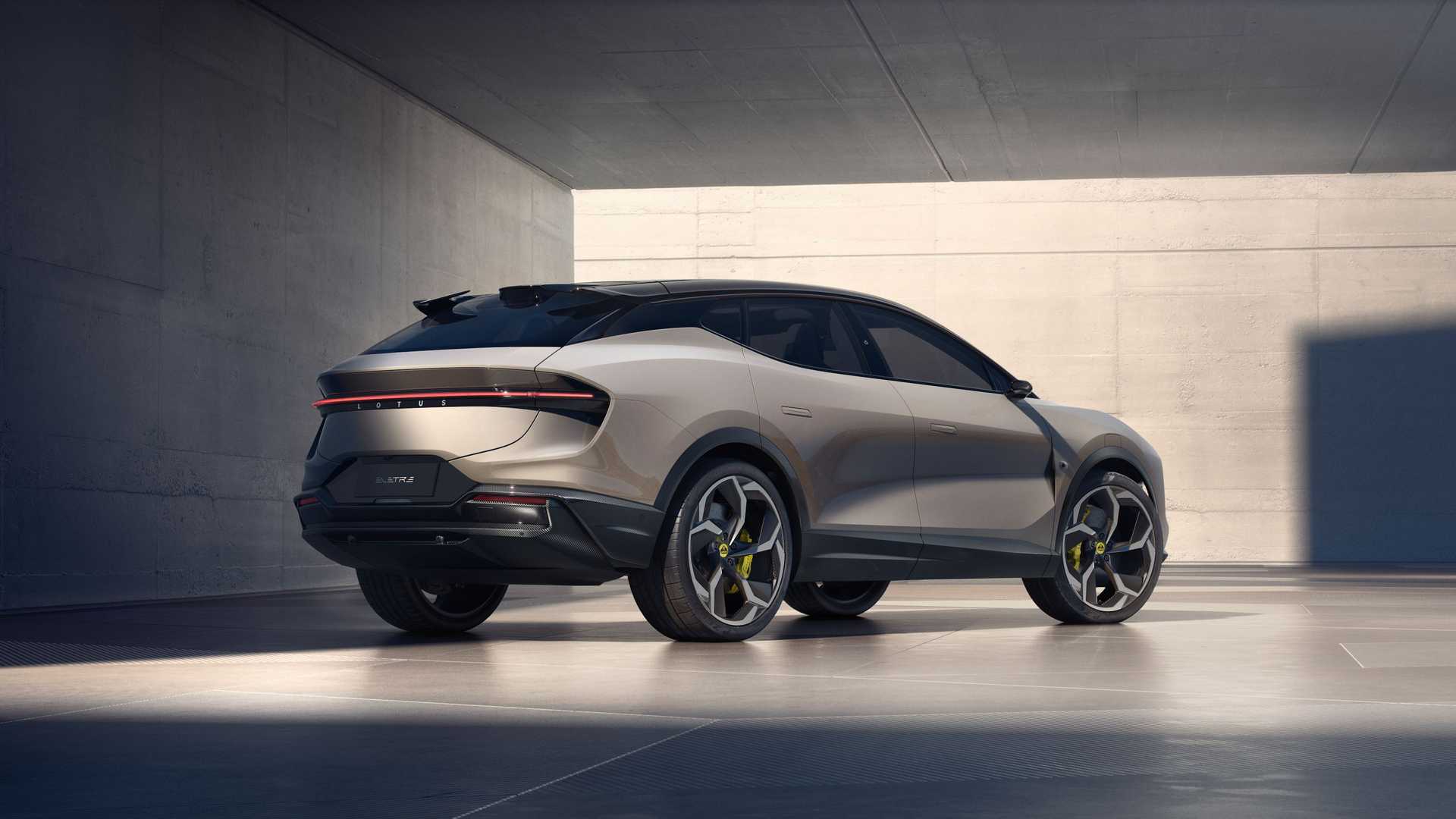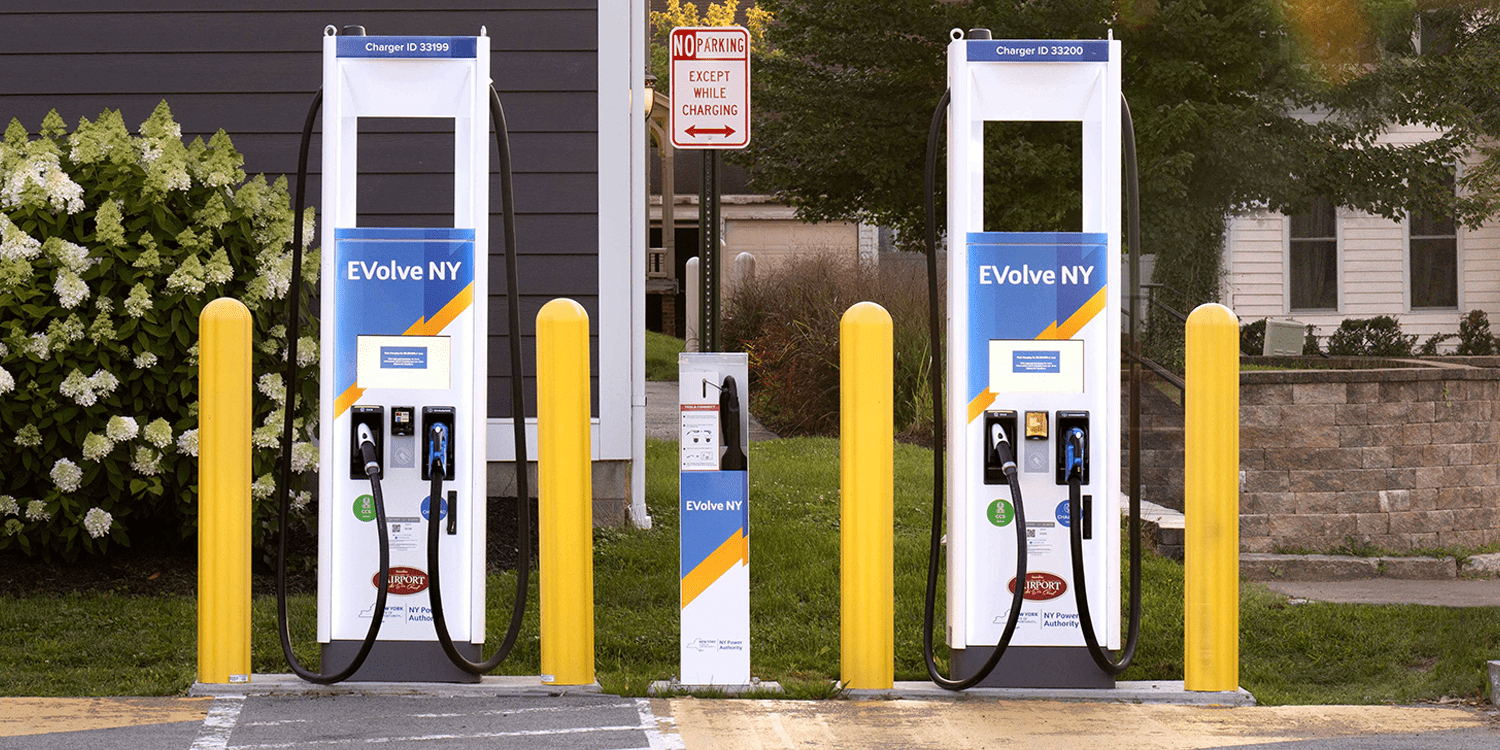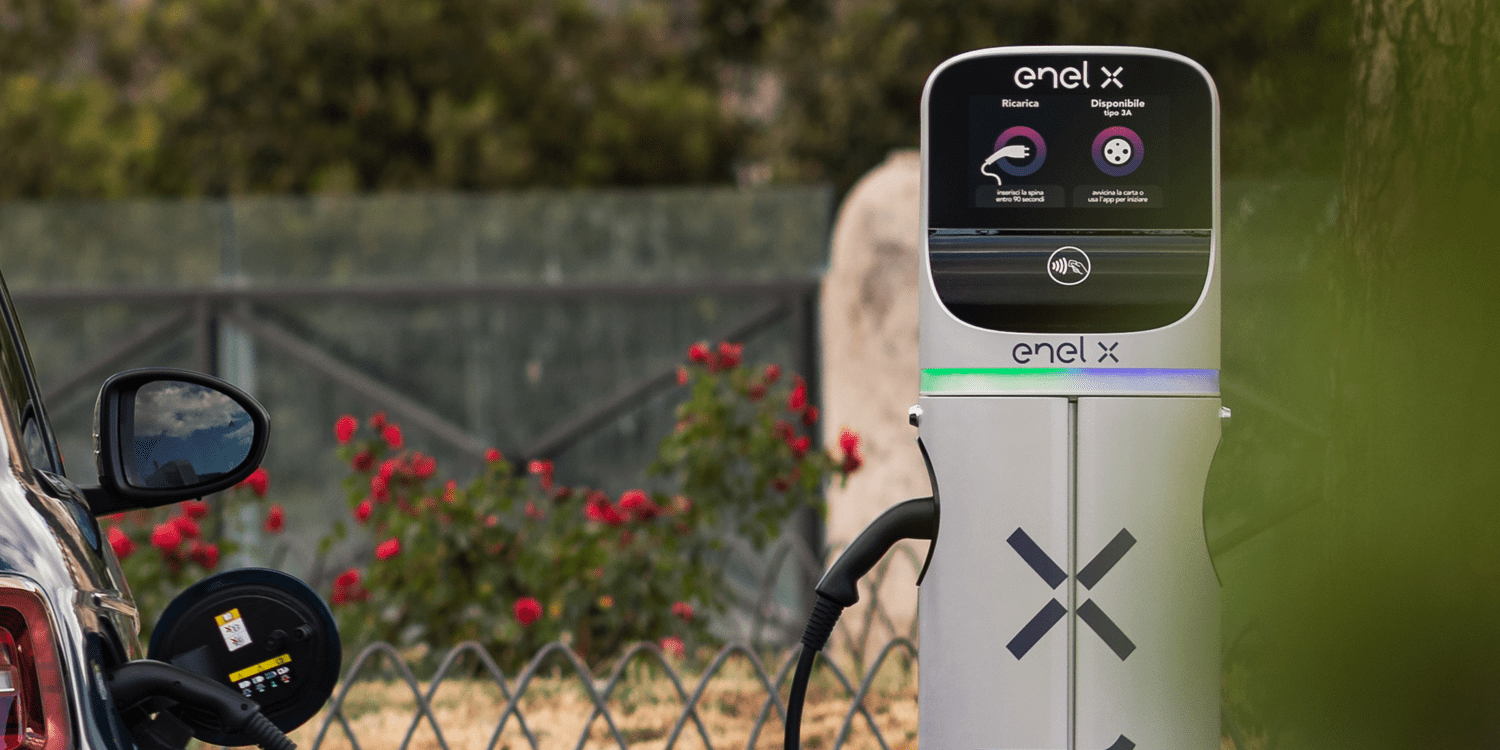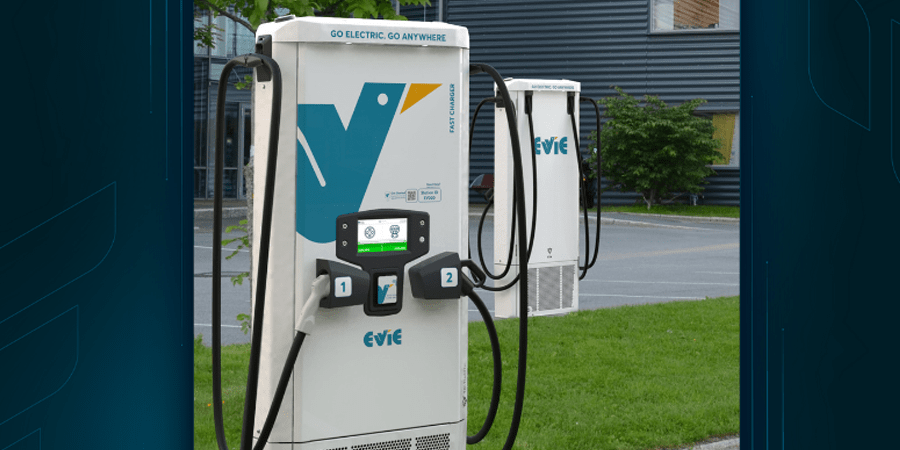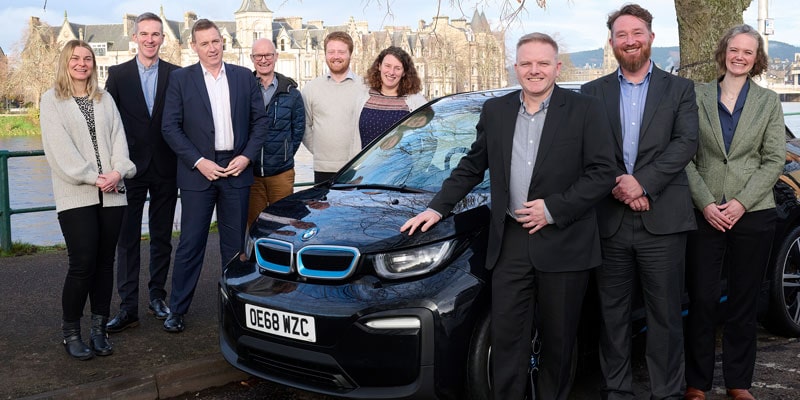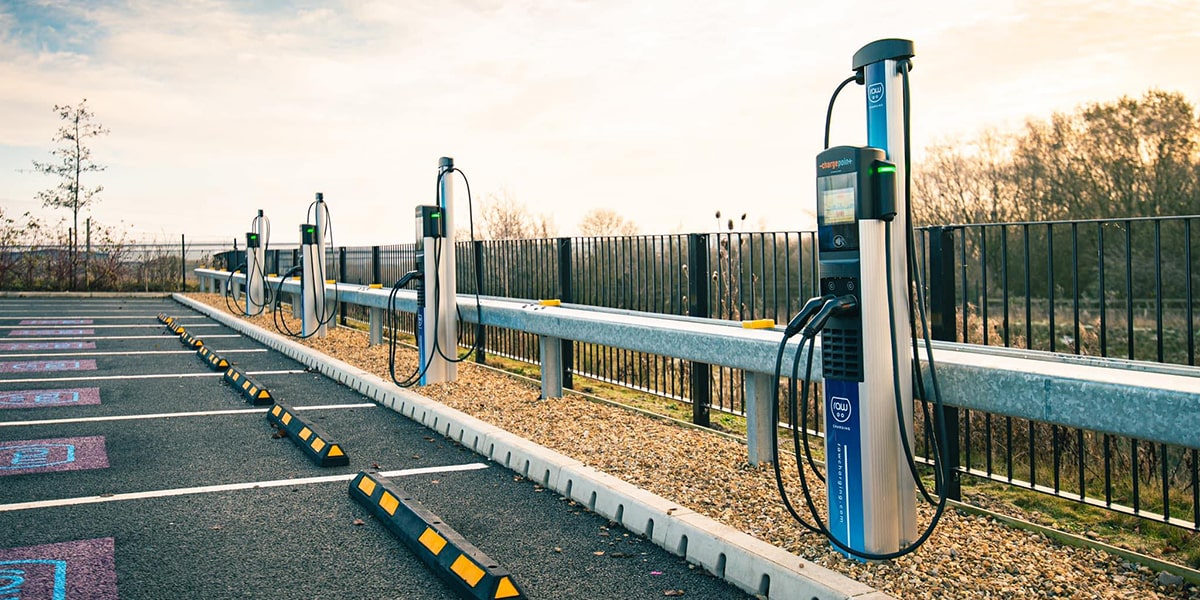The number of electric vehicle (EV) charging points in Germany has increased by 35% in the last year, according to the BDEW energy industry association. The number of ultra-fast points capable of charging over 150 kW, allowing for 100 km of range within minutes, rose by 83% year on year to 7,037 points.
The number of fast charging points using direct current rose by 15% to 6,216 units, and the number of normal charging points rose by 34% to 67,288 units. However, the BDEW warns that current growth rates will only deliver 8 million EVs by 2030, compared to the government’s target of 15 million.
In October 2022, the German government approved a plan to spend €6.3bn ($6.9bn) over three years to rapidly scale up the number of charging stations, as part of its push towards net zero emissions from transport. However, the BDEW has called for additional measures to be implemented, such as more bonuses for EV buyers, encouraging employers to offer workplace charging, and speeding up necessary permissions.
The BDEW, which represents utility companies, said the increase in installed charging infrastructure provided by both the public sector and private companies exceeded, by 20%, that needed to keep in step with the increase in EVs so far. As of end-2022, the companies provided 2.47 GW of installed power capacity for EVs, compared to 1.74 GW a year earlier. However, government data from October 2022 showed only 1.5 million purely electric cars were in use, a tenth of the government’s 2030 target.

